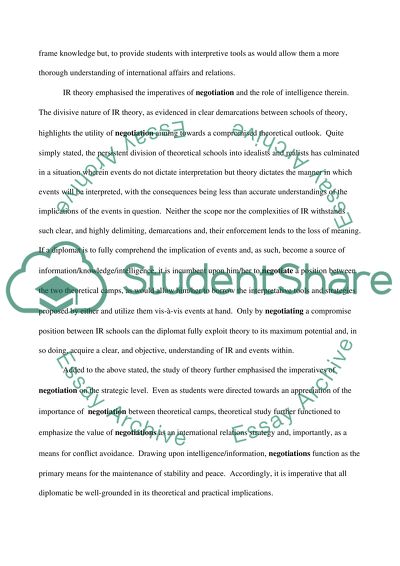Cite this document
(“Portfolio Essay Example | Topics and Well Written Essays - 2000 words - 2”, n.d.)
Portfolio Essay Example | Topics and Well Written Essays - 2000 words - 2. Retrieved from https://studentshare.org/miscellaneous/1540140-portfolio
Portfolio Essay Example | Topics and Well Written Essays - 2000 words - 2. Retrieved from https://studentshare.org/miscellaneous/1540140-portfolio
(Portfolio Essay Example | Topics and Well Written Essays - 2000 Words - 2)
Portfolio Essay Example | Topics and Well Written Essays - 2000 Words - 2. https://studentshare.org/miscellaneous/1540140-portfolio.
Portfolio Essay Example | Topics and Well Written Essays - 2000 Words - 2. https://studentshare.org/miscellaneous/1540140-portfolio.
“Portfolio Essay Example | Topics and Well Written Essays - 2000 Words - 2”, n.d. https://studentshare.org/miscellaneous/1540140-portfolio.


